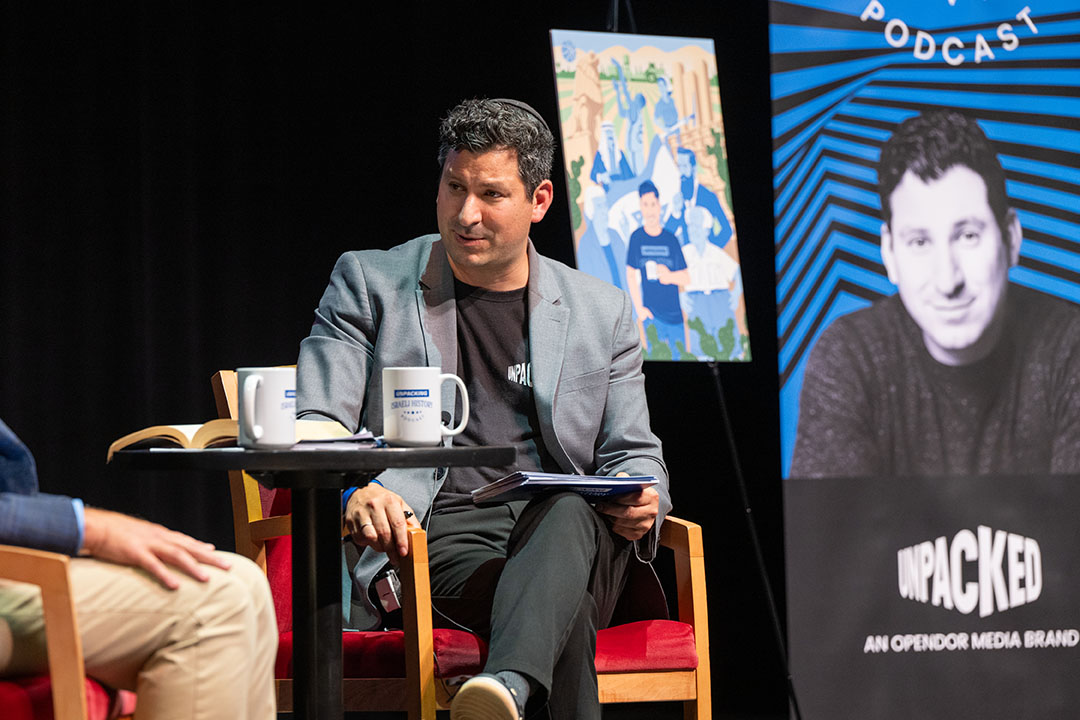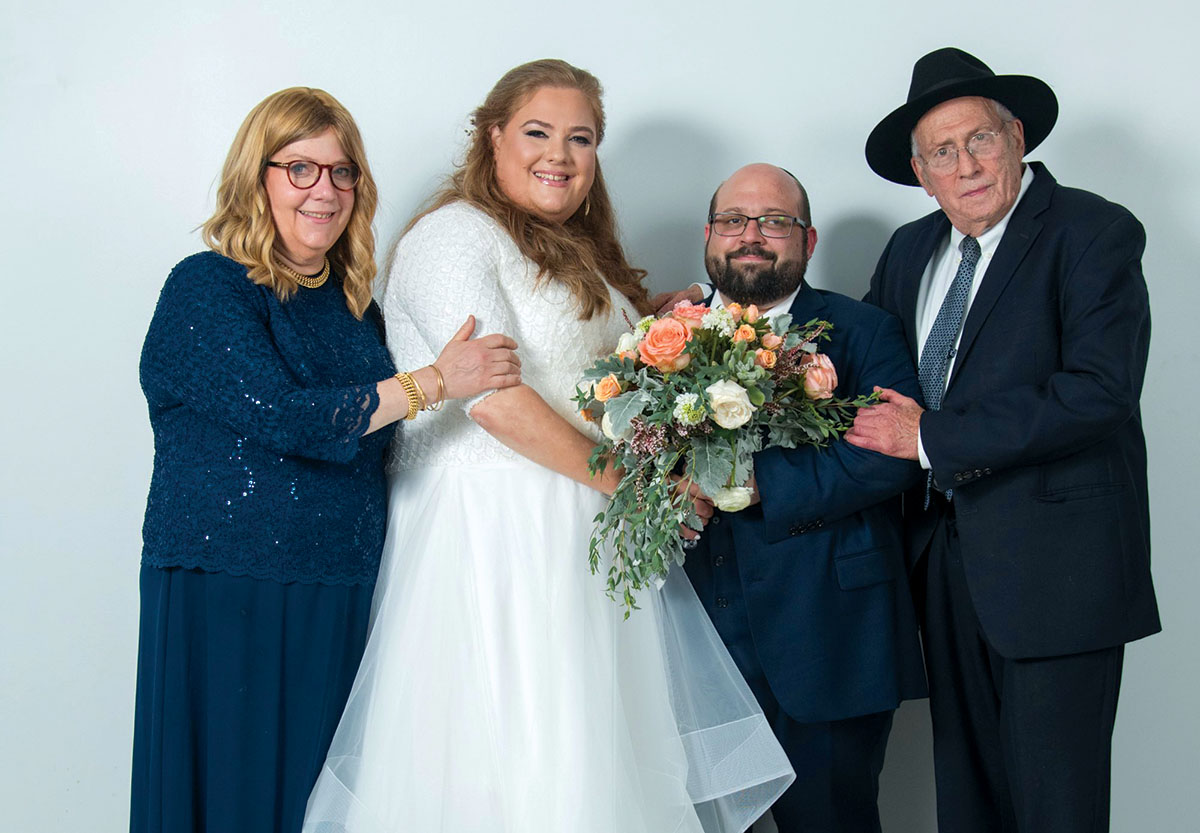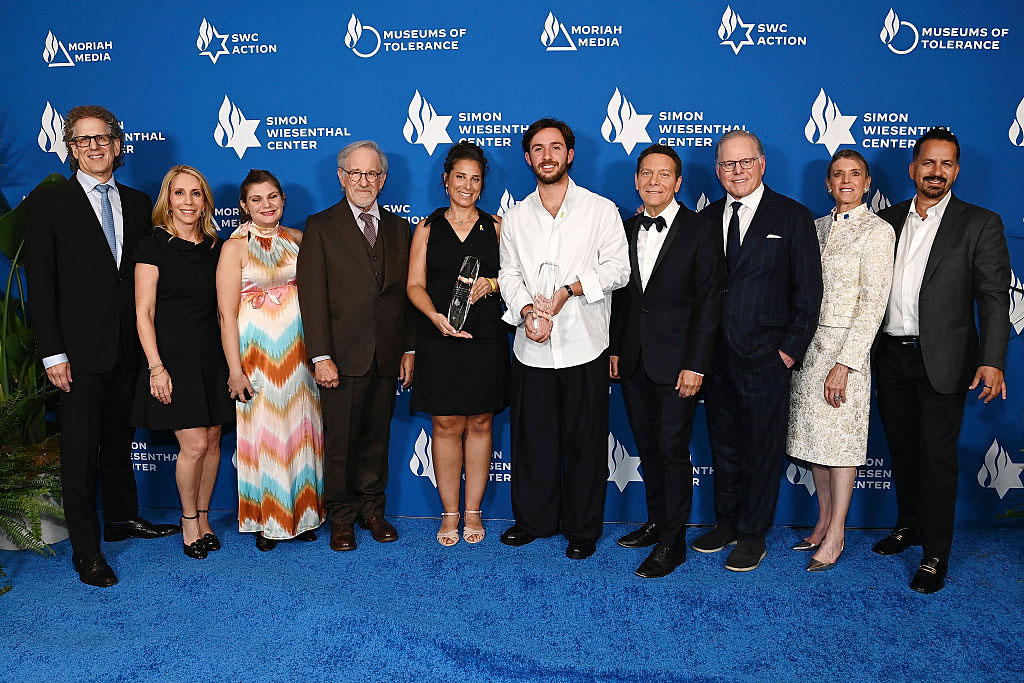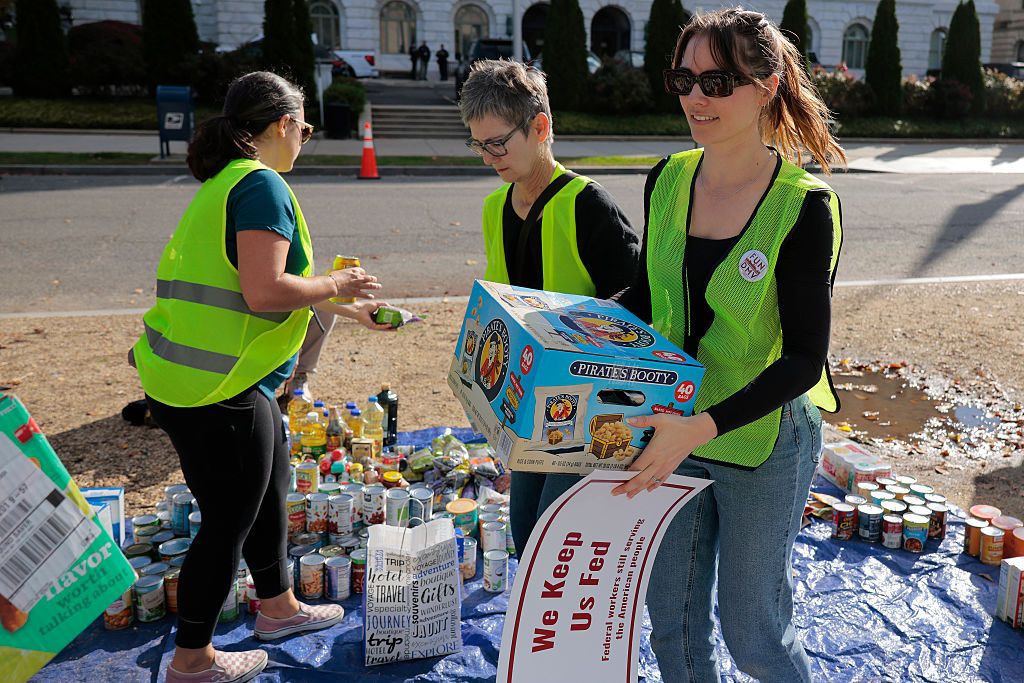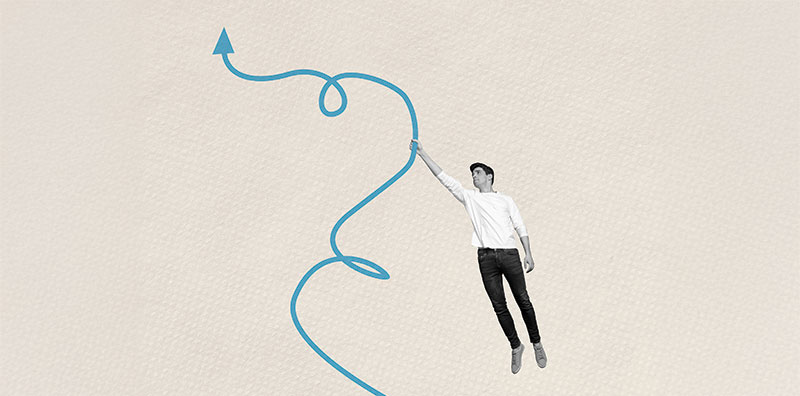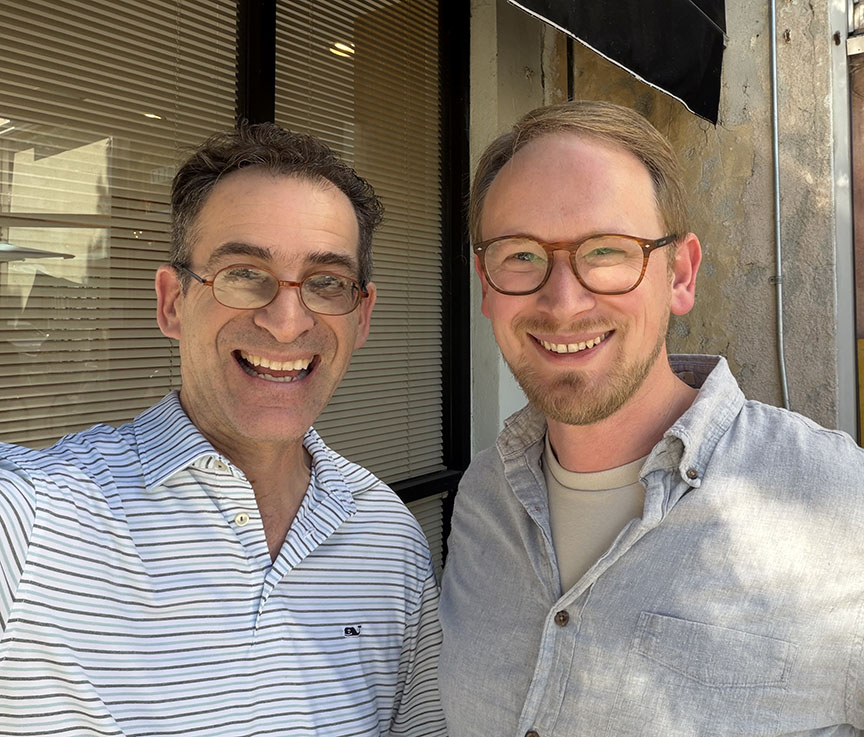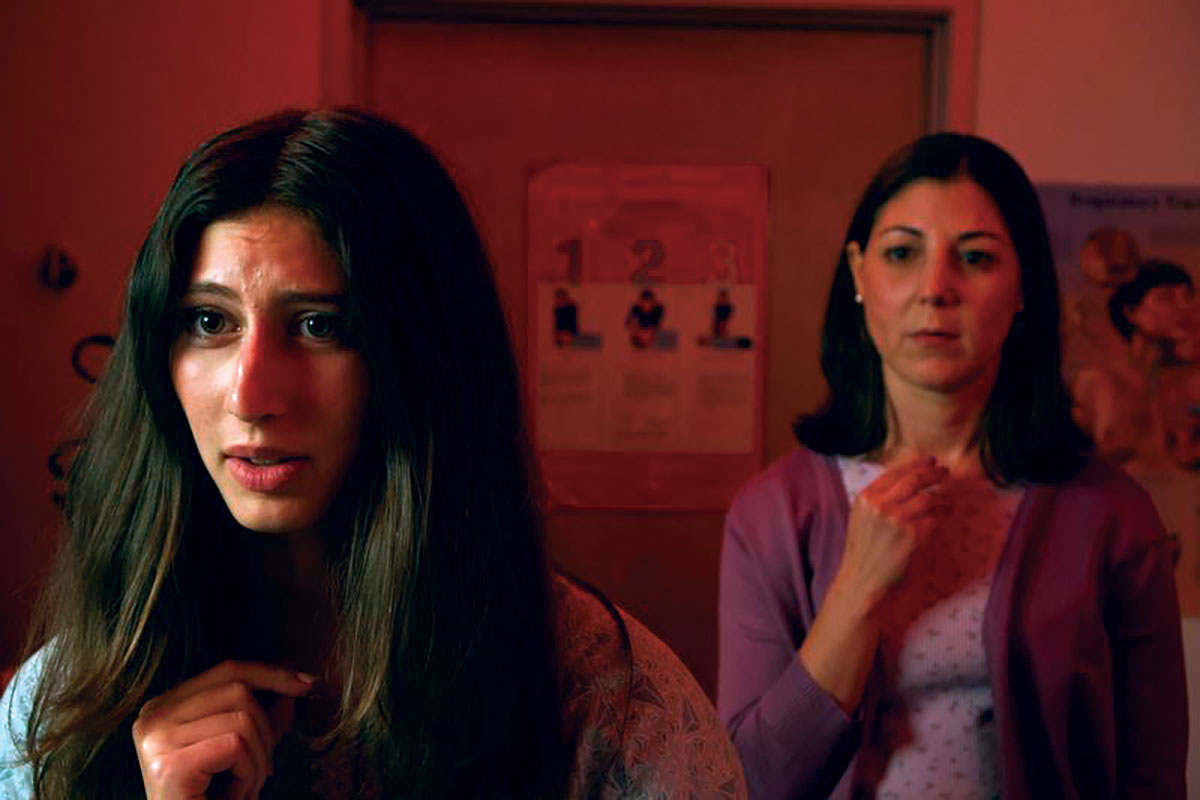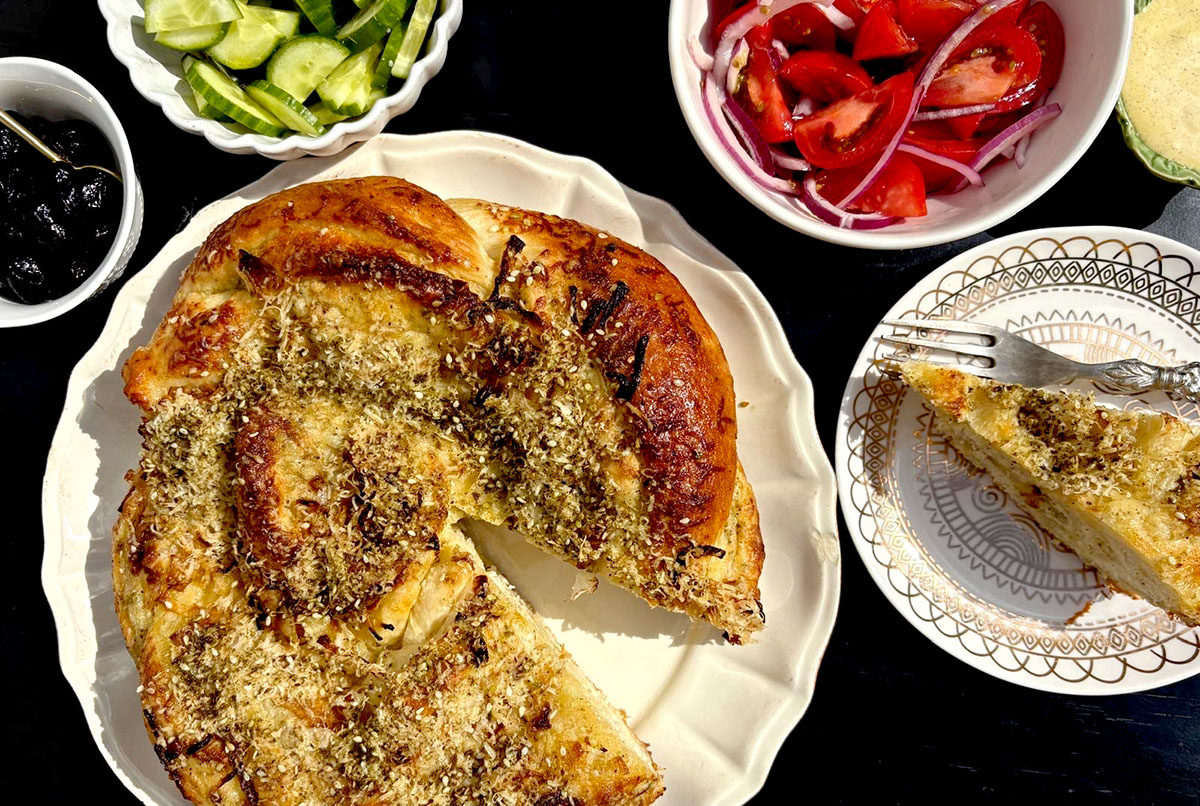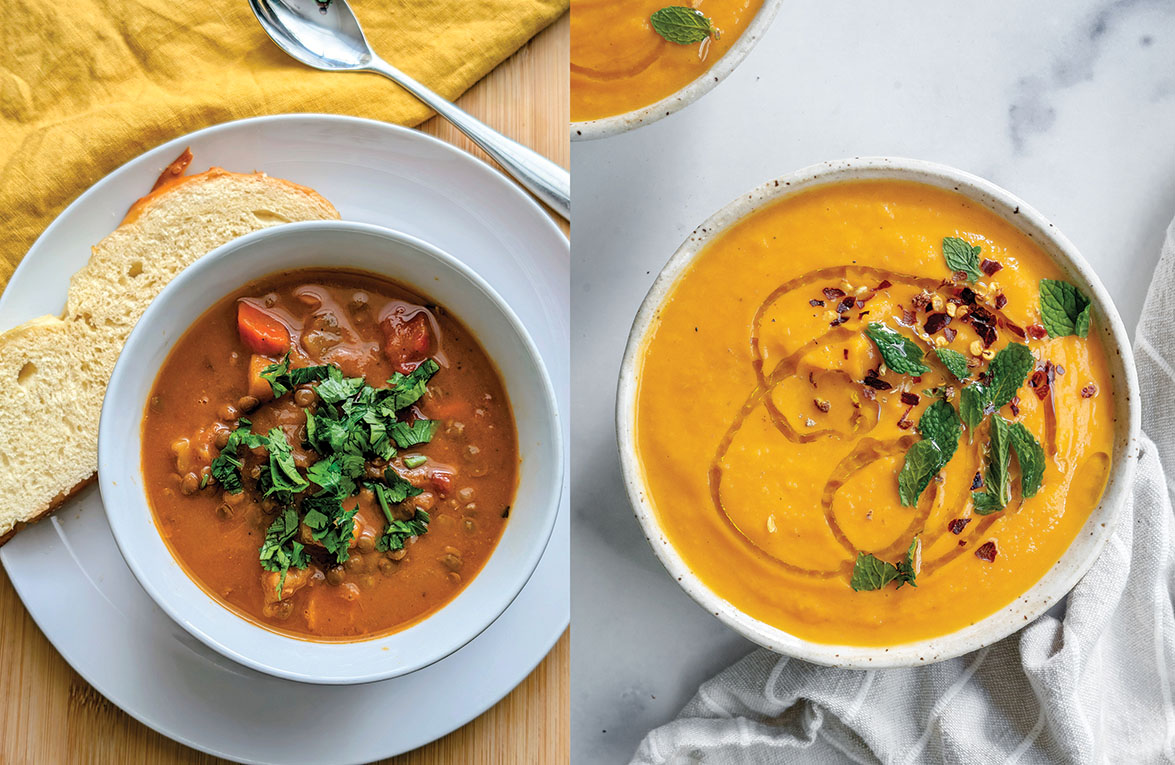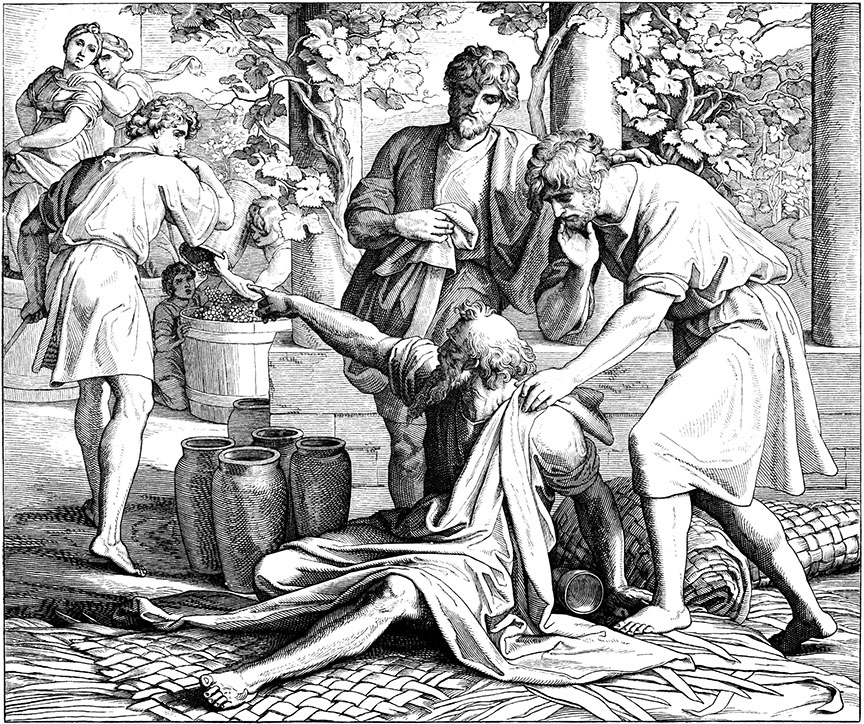
Shavuot is the holiday of Israeli Jewishness. It is a holiday that Israelis keep reinventing, time and again, so as not to let it deteriorate into oblivion.
It is a holiday with a problem: nothing special to do, no great ceremony to perform, no necessary family gathering, no great symbol to talk about. Pesach is a holiday of families. Yom Kippur is a powerful holiday for the soul. In Sukkot we have the Sukkah, in Rosh Hashanah the Shofar, in Hanukah we light the Menorah. But what do we do in Shavuot? How can such a short holiday with nothing to show for survive in a meaningful way?
Religious Israelis celebrate without much reservations. They pray, they eat, they read the book of Ruth. Secular Israelis – the majority of Israelis – have three options: to celebrate it in the religious fashion, which they find a little boring (because of all the above lacking in content); to ignore it and make it a day of rest with no content; or to reinvent it in a way that makes it meaningful, but not necessarily in a religious fashion.
In the Israeli Kibbutz, Shavuot was reinvented as the holiday of agriculture. Ceremonies of bringing the Bikurim – the first produce – were developed and repeated with much fanfare. But most Israelis don’t live in a Kibbutz, and agriculture is no longer the ideal it used to be in the earlier days of Zionism – so something else is needed.
The Tikkun is the new way of celebrating Shavuot. An old custom of studying all night on the eve of Shavuot was transformed into a new custom of, well, studying all night on the eve of Shavuot. But if once “studying” meant reading specific religious texts, today it means many things. It can be studying Jewish texts, but it can also be lectures on art, culture, a performance by a singer, a discussion, whatever comes to mind – a night gathering to celebrate Jewish Israeli culture in the broadest sense imaginable.
In Israeli cities, big and small, you can find a Tikkun to your liking. Still – the hype is louder than reality. A small minority of well-aware Israelis attend these events, while the rest of us do not. That is to say: the beginning of the reinvention of Shavuot is underway, but whether a solution for the dwindling of the holiday was found and will stick is still an open question.
It is a question that does not only concern Shavuot. It concerns many other occasions and events. It is the specific manifestation of a much larger question: what Jewishness is going to look like in the land of Israel and in the Jewish State. Surely, the lives of Jews in Israel are very different from the lives of Jews in most of Jewish history. Hence, one could expect that Judaism itself – the way the Jews celebrate their culture – will gradually become different in Israel from how it is in other places, and was in other times.
In other words: Shavuot is a challenge for Israel. It is a challenge more visible today – because Israel is no longer as busy as it used to be in dealing with existential questions of material survival. Israel is a strong and thriving country (this, of course, doesn’t mean that all its problems are solved). It can now turn inwards and think about its culture. It can now turn inwards and think about the meaning of being a Jewish state – and a Jewish state is what a vast majority of Israeli Jews want Israel to be.
This is an exciting project for those of us who believe that a rich and beautiful tradition is still relevant today and can be made relevant for future generations. It is an exciting project for those of us who aren’t afraid of change – as long as change is made with care and responsibility. It is an exciting project for those of us who believe that Israel has changed the Jewish world in profound ways that must manifest themselves in the way Judaism is practiced.
Thus, Shavuot has become an exciting holiday. It is the holiday of the giving of the Torah. It is the holiday of the receiving of the Torah. Not giving and receiving in the past tense – giving and receiving in the present tense.









